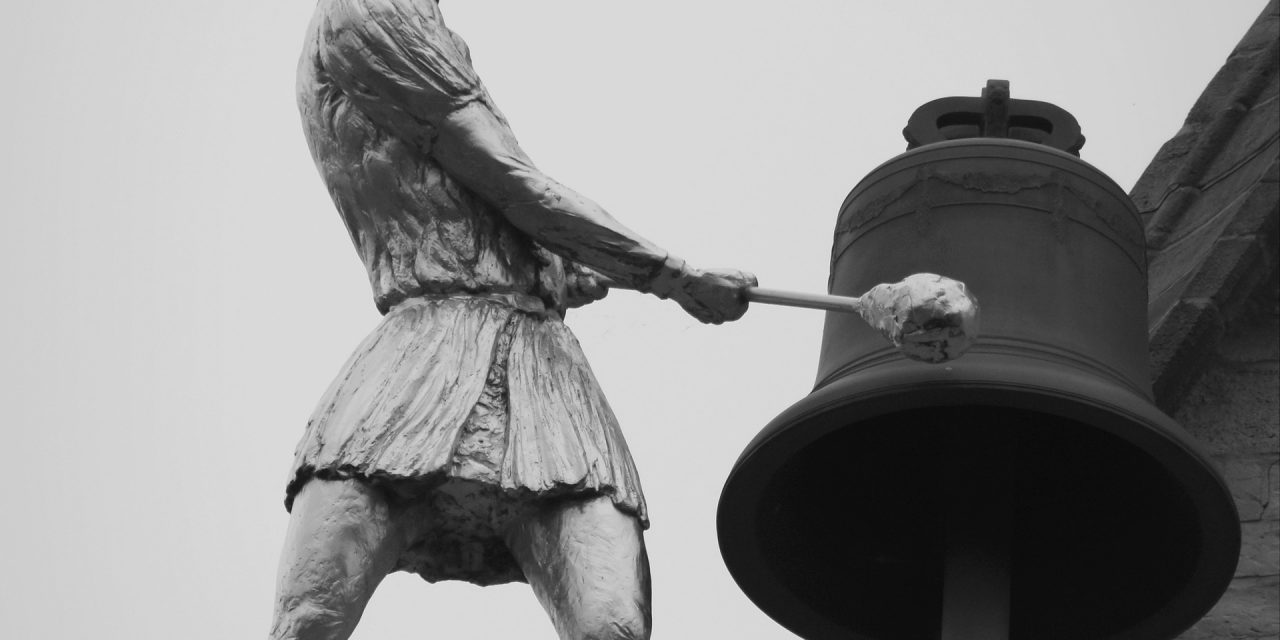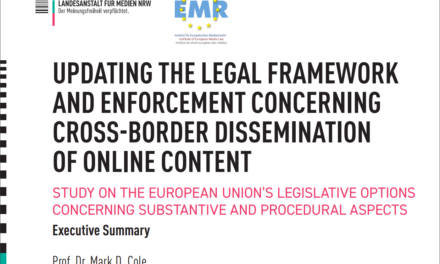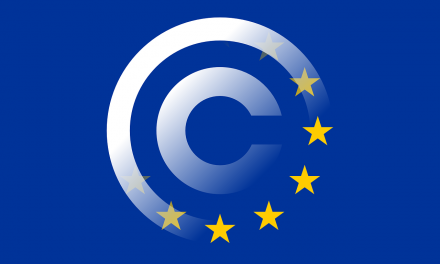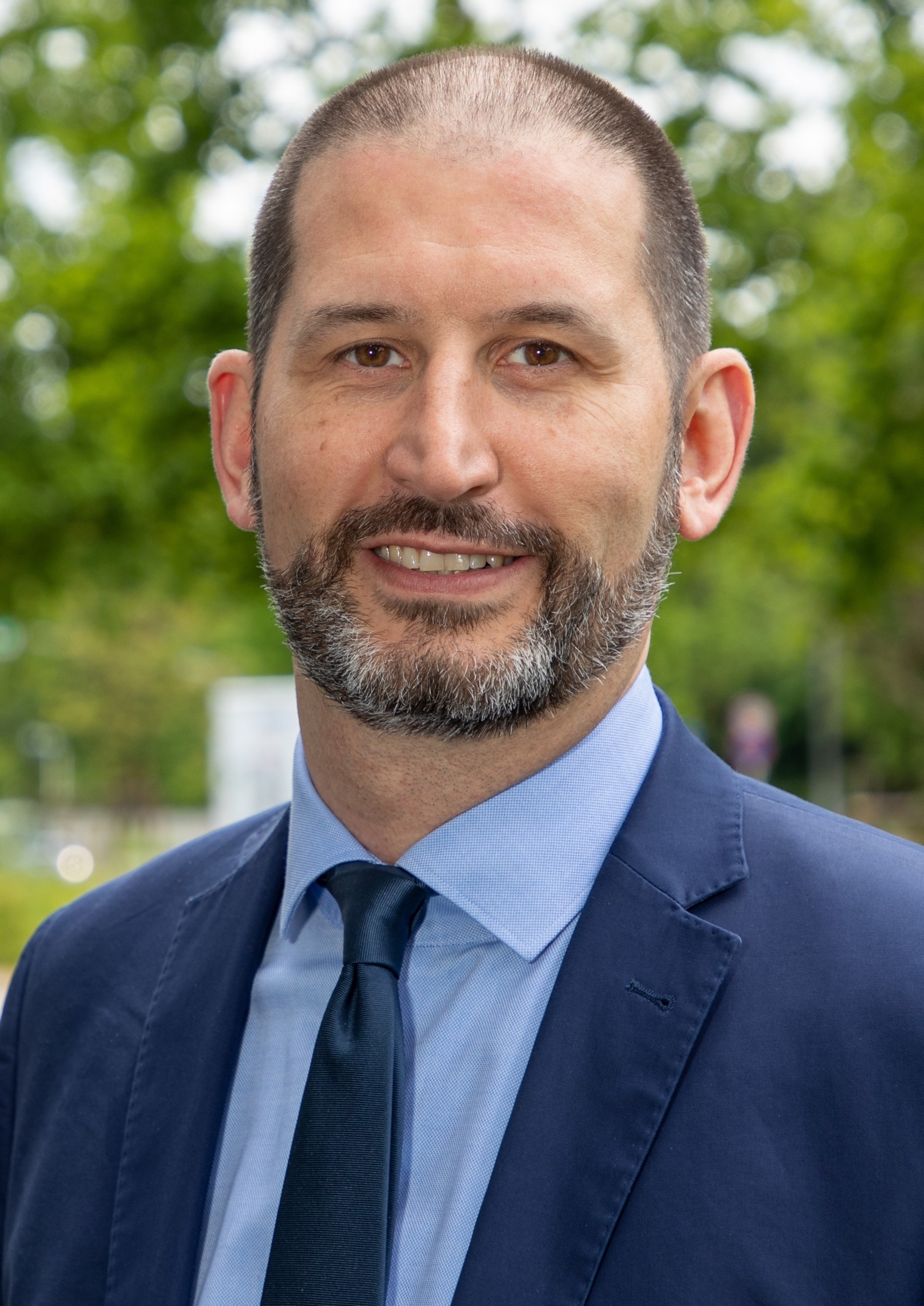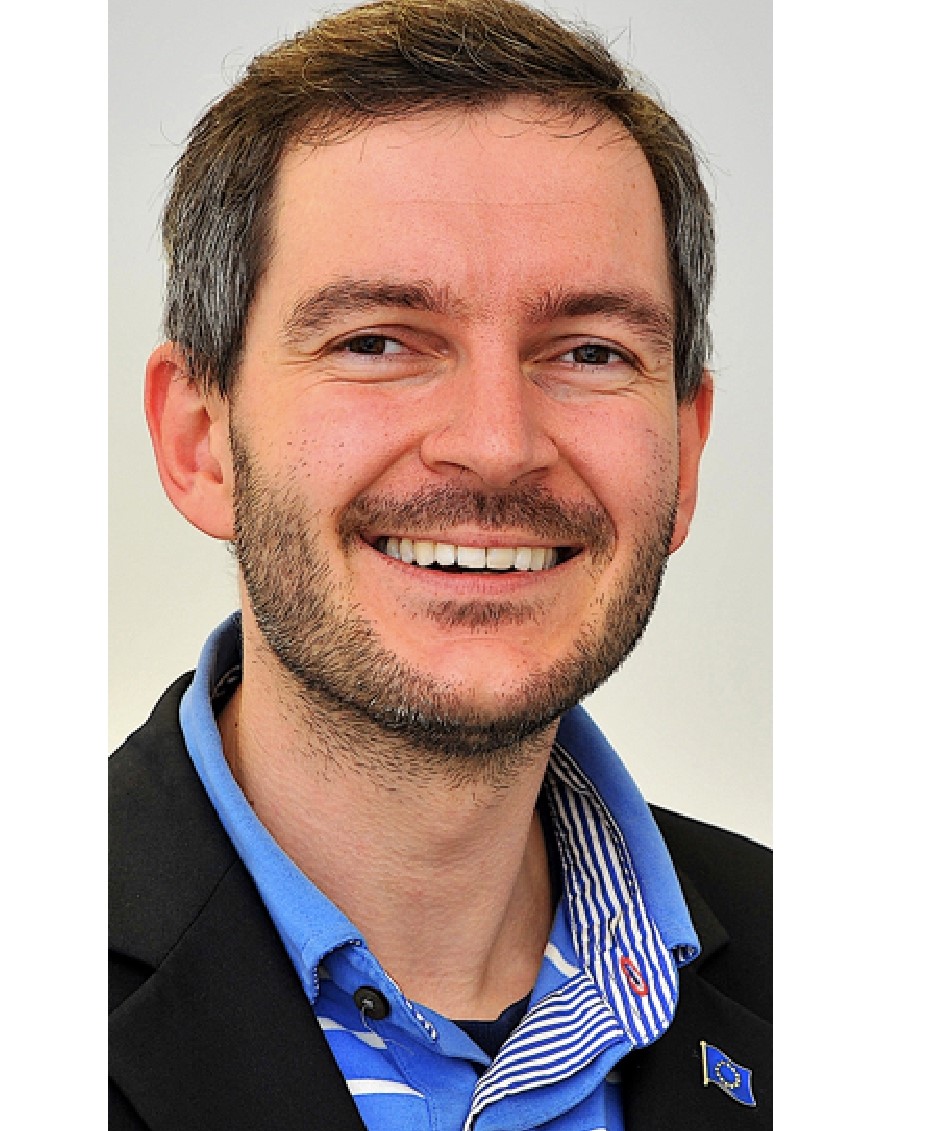On March 15th 2017, after re-examining the case in its entirety, the Court of Appeal of Luxembourg reached a verdict in the LuxLeaks Trial. Antoine Deltour, Raphaël Halet and Edouard Perrin were accused of multiple infractions of the Criminal Code: domestic theft (Article 464), fraudulent access to a database (Article 509-1), violation of trade secrets (Article 309) and of professional secrecy (Article 458), and laundering and possession (Article 506-1). The trial concerned the leaking of confidential documents of Pricewaterhouse Coopers (PwC), Deltour and Halet’s former employer, exposing tax deals concluded between the Luxembourgish tax authorities and large multinational companies.
All three defendants requested acquittal based on Article 10 of the European Convention on Human Rights (ECHR) concerning freedom of expression.
The Court imposed a milder sentence than the first instance judge. Deltour was given a suspended prison sentence of 6 months, instead of 12 months in first instance, the € 1 500 fine was maintained. Halet’s sentence was reduced to a € 1 000 fine, instead of 9 months suspended prison sentence given in first instance. The acquittal of the journalist Perrin was confirmed, albeit on different grounds. Also, the question of the payment of a symbolic euro in damages to PwC was now referred to the civil courts.
According to the Court the protections afforded to whistleblowers and responsible journalists under Article 10 ECHR are to be considered justifications, which – in case the conditions are met – have to result in acquittal for the defendant, despite the infraction being legally established.
Concerning Deltour, the Court therefore first established the infractions of domestic theft of documents, fraudulent access to PwC’s database to procure those documents, breach of professional secrecy, and laundering and possession of the product of theft. It then evaluated whether Deltour fulfilled the six cumulative conditions established in the Guja case by the ECtHR, necessary to benefit from the justification as a whistleblower. The Court concluded that Deltour was only a whistleblower at the moment of transferring the documents to the journalist, therefore only neutralising the violation of professional secrecy. The Court upheld the other charges, since at the moment of stealing the documents Deltour did not yet have the motive to act as a whistleblower and could therefore also not benefit from this justification.
Regarding Halet, the Court held that he could not benefit from the whistleblower justification since his actions disproportionately harmed the interests of the employer when balanced with the added value for the public interest of the revealed information. The Court however applied extenuating circumstances to also lower his sentence.
As for Perrin, the Court established his complicity in the theft, laundering and possession perpetrated by Halet. The Court however held that Perrin acted as a responsible journalist by acting in good faith, delivering exact and credible information in the public interest, and by respecting journalistic deontology. He was therefore acquitted of all charges against him.
On the domestic level this judgement can finally be appealed before the Court of Cassation, a move which Deltour has announced recently he will make.
The Article can be seen in French language here.
Originally published in the EMR-Newsletter 06/2017, by
Annelies Vandendriessche, doctoral candidate at the Faculty of Law, Economics and Finance of the University of Luxembourg under the supervision of Prof. Dr. Mark D. Cole, Professor for Media and Telecommunication Law at the University of Luxembourg.

